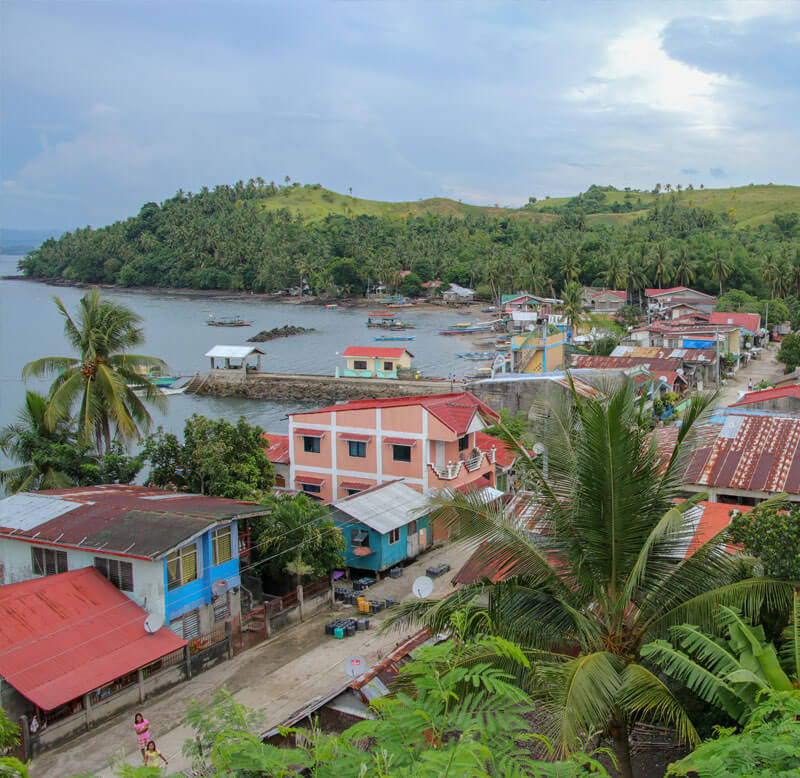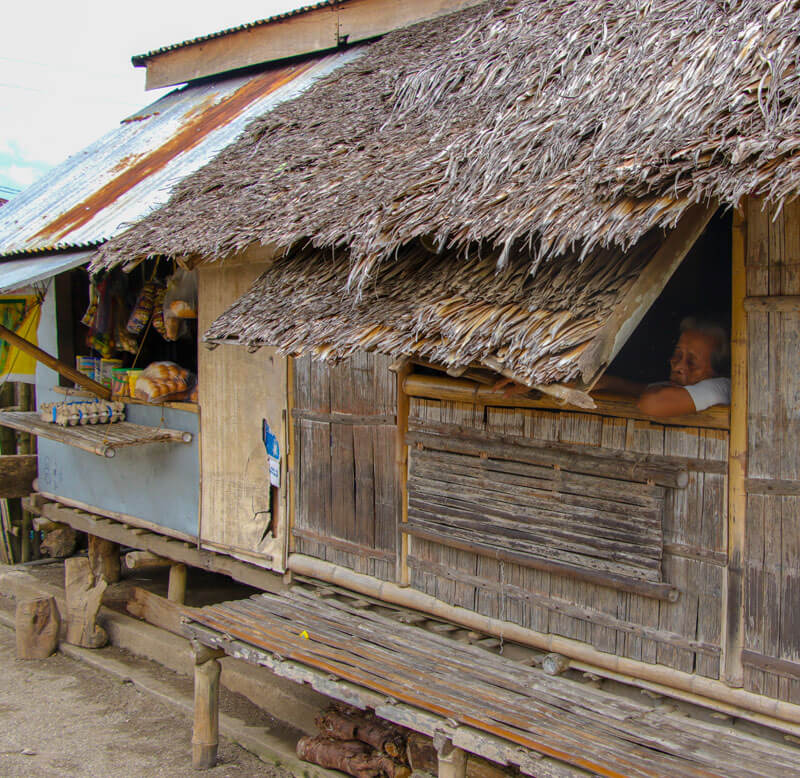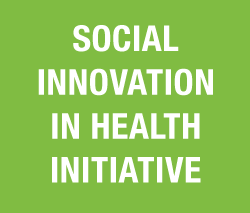P6.60 Everyday Family Health Plan
CONTINENT
Asia
CONTINENT
PHILIPPINES
Location
Puerto Princesa City, Palawan, Philippines
Founding year
2015
Website
N/A
Organizational structure
Government Agency
Health focus
Primary Health Care
Actors Involved
State
Programme Focus
Community Mobilisation
Health System Function
Health Financing
CHALLENGE
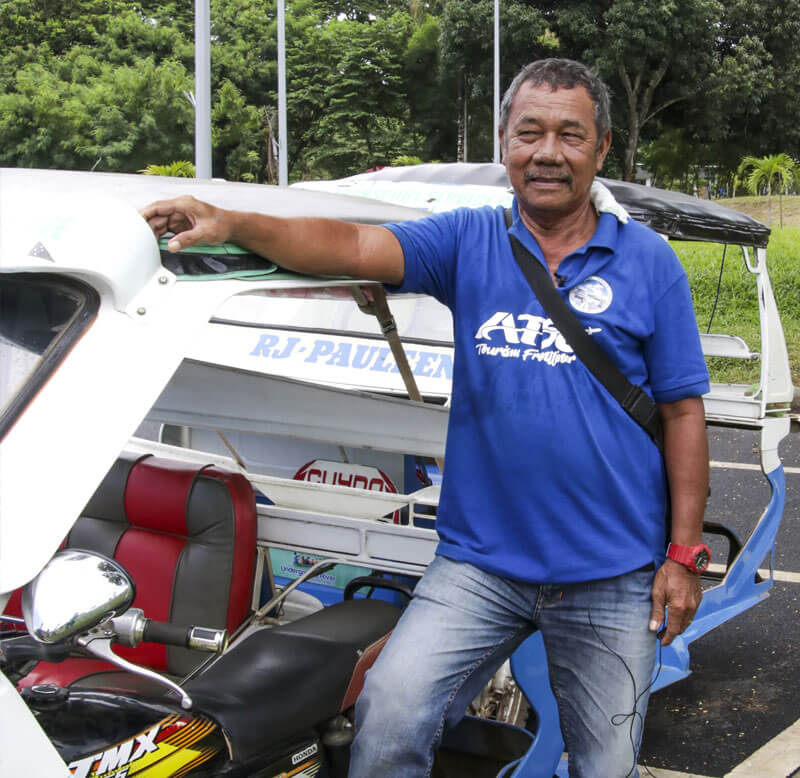
“In order to achieve universal health coverage, we need to reach out to the informal sector because they are disadvantaged – they are neither subsidised by the government nor has compulsory membership compared to those who are formally employed.”
– Mr. Wilfred Hernandez, Chief Social Insurance Office, Innovator
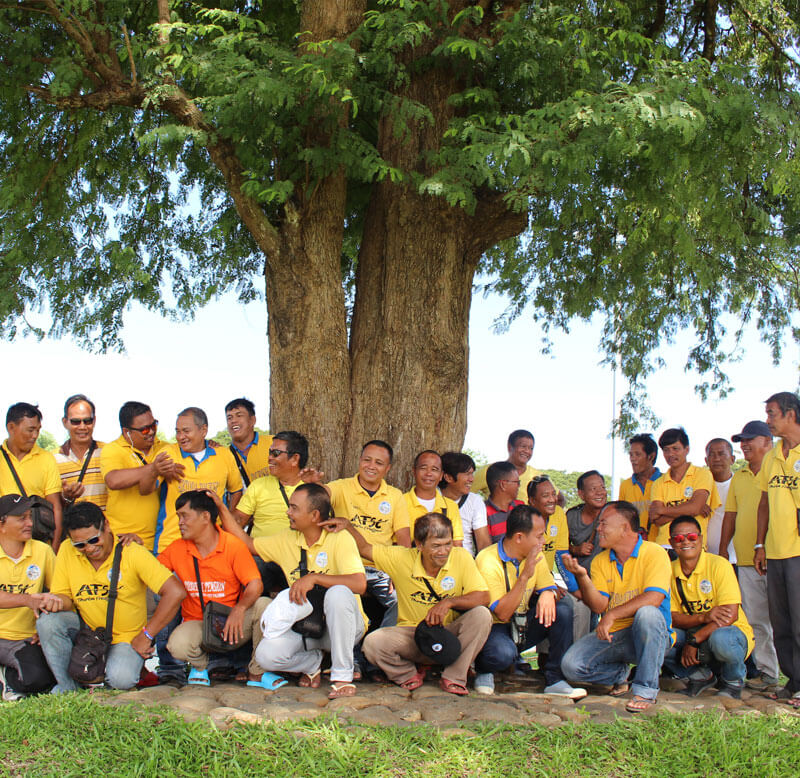
INTERVENTION
“Setting aside P6.60 every day is not at all hard. If one can buy a pack of cigarettes that costs more, why not save for health insurance instead.”
– AirTODA member, beneficiary
The project lessens the vulnerability of informal sector workers and encourages self-reliance in addressing their own health needs.
